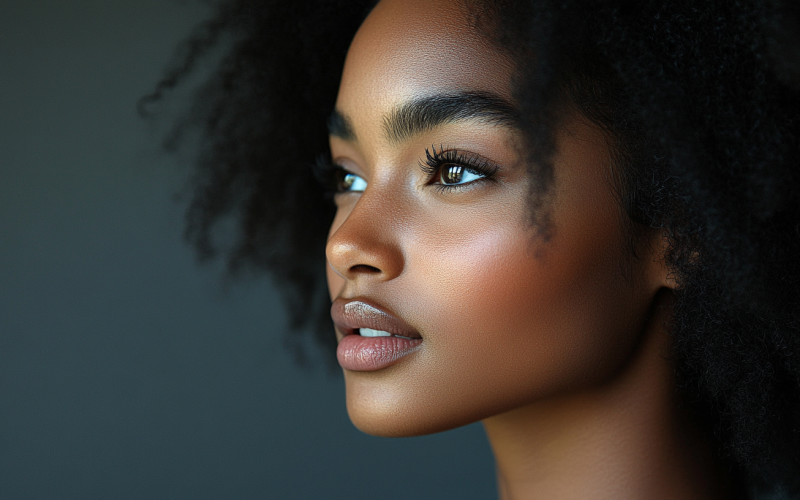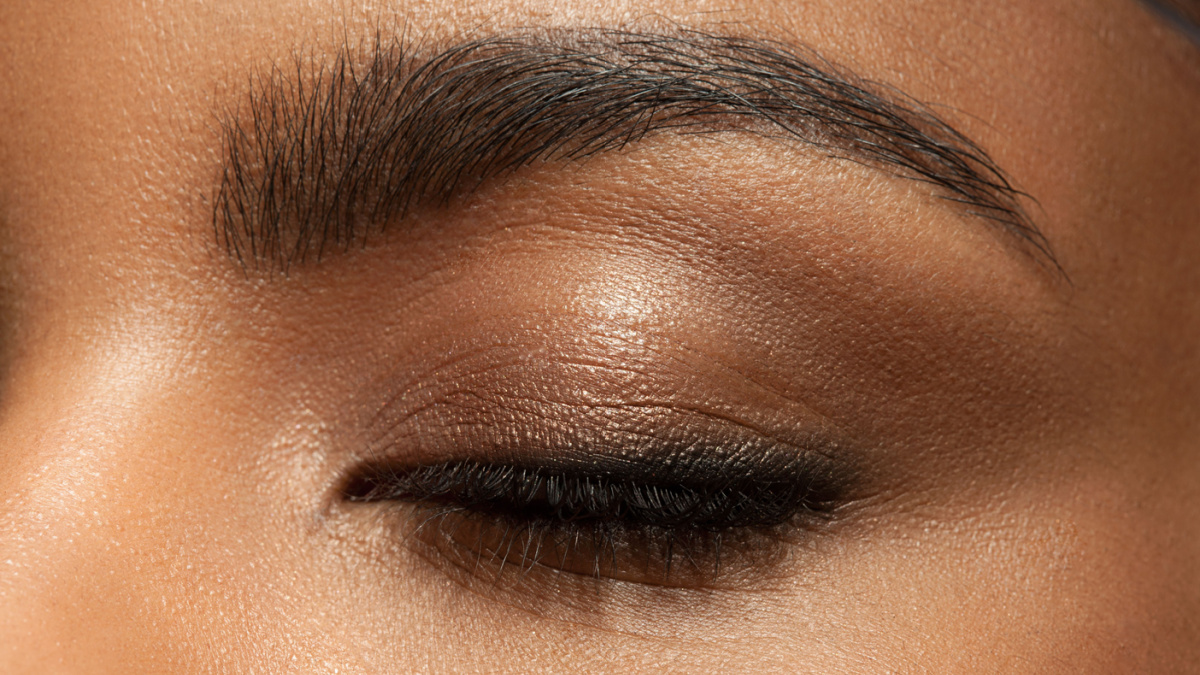If you've noticed more hair on your brush or in the shower drain, you're not alone, and it's understandable to feel concerned. Several factors could be at play, from genetic predispositions to hormonal fluctuations or nutritional gaps in your diet. Stress and certain medical conditions might also factor into the equation, impacting your hair's health. Understanding the underlying causes is crucial, especially since some might surprise you. So, what are the specific triggers that could be causing your hair to fall out?
Genetic Factors
When it comes to hair loss, genetic factors play a crucial role in determining your likelihood of experiencing thinning or balding. If your family has a history of hair loss, you might be more prone to it yourself.
This condition, often referred to as androgenetic alopecia, affects both men and women, though the patterns may differ. You may notice that your hairline gradually recedes or that your crown becomes thinner.
It's important to recognize that genetics influence the hair follicles' sensitivity to hormones, which can accelerate hair loss. Understanding your genetic predisposition can help you take proactive steps, whether through lifestyle changes, treatments, or consultations with healthcare professionals.
Addressing these factors early on can make a significant difference.
Hormonal Changes
Genetic factors aren't the only contributors to hair loss; hormonal changes can significantly impact your hair's health as well.
Your hormones play a crucial role in regulating various bodily functions, including hair growth. Fluctuations in hormones, such as during pregnancy, menopause, or due to conditions like polycystic ovary syndrome (PCOS), can lead to thinning hair or excessive shedding.
Androgens, a group of hormones that includes testosterone, can shrink hair follicles, resulting in shorter and finer strands.
If you notice your hair thinning alongside other symptoms like irregular periods or weight gain, it's worth consulting a healthcare professional.
Nutritional Deficiencies
Although you mightn't realize it, nutritional deficiencies can play a significant role in hair loss. Your hair needs essential nutrients like proteins, vitamins, and minerals to grow and stay healthy.
If you're lacking key nutrients, like iron, zinc, or biotin, your hair might suffer. For instance, low iron levels can lead to anemia, reducing oxygen supply to hair follicles.
Similarly, insufficient protein intake can weaken hair strands, causing breakage. You should also pay attention to vitamins A, C, D, and E, as they contribute to a healthy scalp and hair growth.
Stress and Anxiety
Stress and anxiety can significantly impact your hair health, often leading to noticeable hair loss. When you experience high levels of stress, your body produces hormones like cortisol, which can disrupt your hair growth cycle.
You might notice your hair thinning or falling out more than usual during particularly stressful times. Additionally, anxiety can lead to habits like hair-pulling or excessive styling, further contributing to hair loss.
It's essential to recognize these stressors and take steps to manage them. Consider incorporating relaxation techniques such as meditation, exercise, or deep breathing into your routine.
Medical Conditions
Certain medical conditions can play a significant role in hair loss, impacting your overall hair health. Conditions like thyroid disorders, autoimmune diseases, and hormonal imbalances can disrupt your hair growth cycle.
For instance, hypothyroidism or hyperthyroidism can lead to thinning hair, while alopecia areata causes sudden hair loss in patches. Additionally, polycystic ovary syndrome (PCOS) might result in increased hair shedding due to elevated androgen levels.
Nutritional deficiencies, such as iron or vitamin D deficiency, can also contribute to hair loss. If you suspect a medical condition is behind your hair issues, it's crucial to consult a healthcare professional for proper diagnosis and treatment.
Addressing these underlying conditions can help restore your hair's health and vitality.
Hair Care Practices
Effective hair care practices are essential for maintaining healthy hair and preventing further loss. Start by choosing a gentle shampoo and conditioner suited to your hair type.
Wash your hair regularly, but don't overdo it; washing too frequently can strip your hair of natural oils.
When you're drying your hair, opt for a soft towel and avoid vigorous rubbing. Instead, gently pat it dry.
Limit the use of heat styling tools like blow dryers and curling irons, as excessive heat can weaken hair.
Incorporate regular trims to eliminate split ends.
Finally, consider a well-balanced diet rich in vitamins and minerals that promote hair health, like biotin and omega-3 fatty acids.
Your hair will thank you!
Environmental Factors
Environmental factors play a significant role in hair health and can contribute to hair loss. Things like pollution, UV radiation, and climate changes can damage your hair and scalp.
For instance, high levels of pollutants can lead to inflammation, weakening hair follicles. Sun exposure can also dry out your hair, making it brittle and more prone to breakage.
Additionally, extreme weather conditions, whether hot or cold, can disrupt your scalp's natural moisture balance. If you live in an area with high humidity, sweat and excess moisture can lead to fungal infections, worsening hair loss.
To combat these issues, consider using protective hairstyles, wearing hats, or applying products with UV filters. Taking these steps can help safeguard your hair from environmental damage.
Conclusion
If you're experiencing hair loss, it's essential to consider various factors that could be at play. From genetics and hormonal changes to nutritional deficiencies and stress, understanding the root cause is key. Don't forget to evaluate your hair care practices and environmental influences as well. Consulting a healthcare professional can help you identify the issue and develop a tailored plan to regain your hair's health. Taking proactive steps now can make a significant difference in your hair's future.









